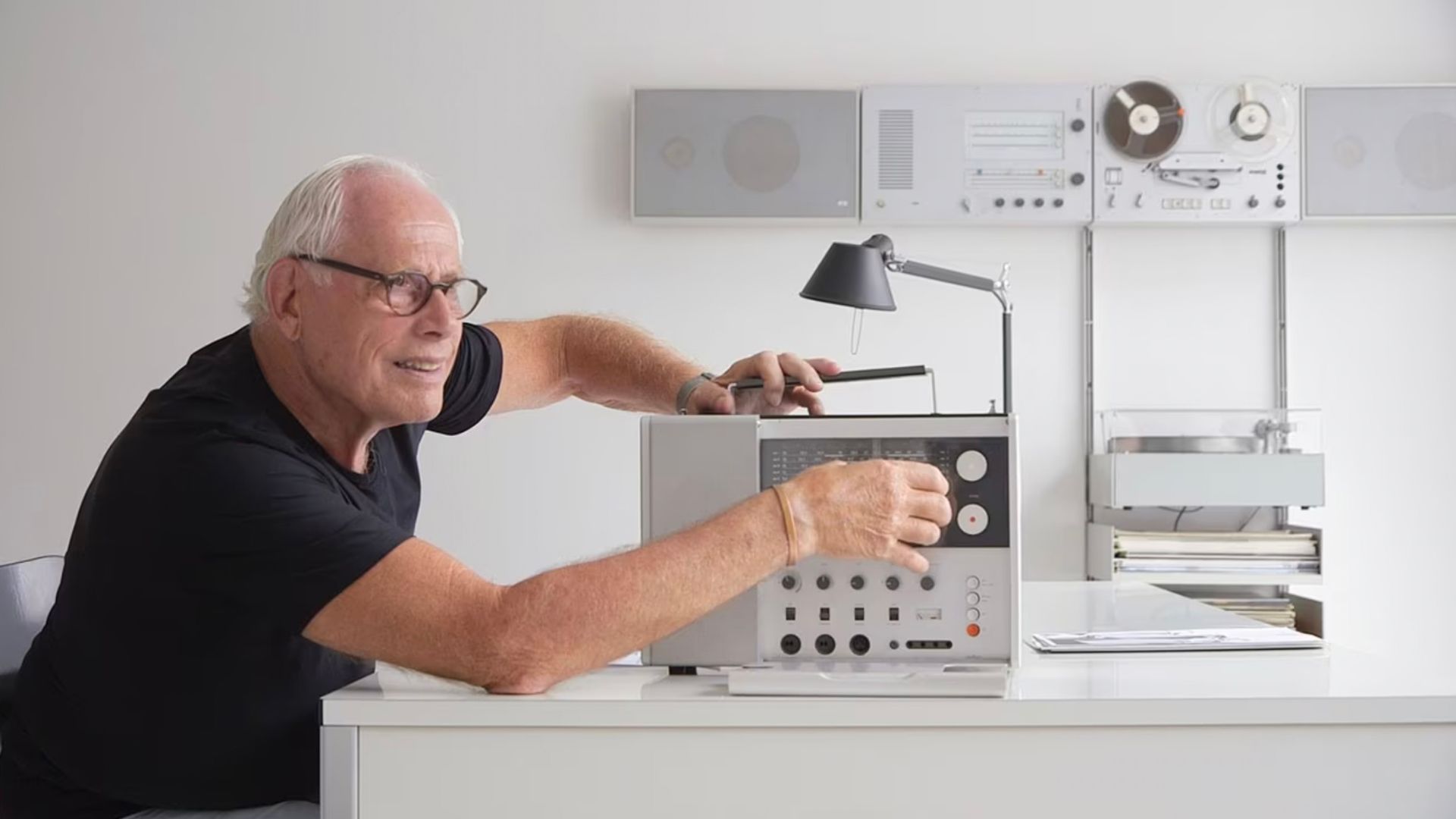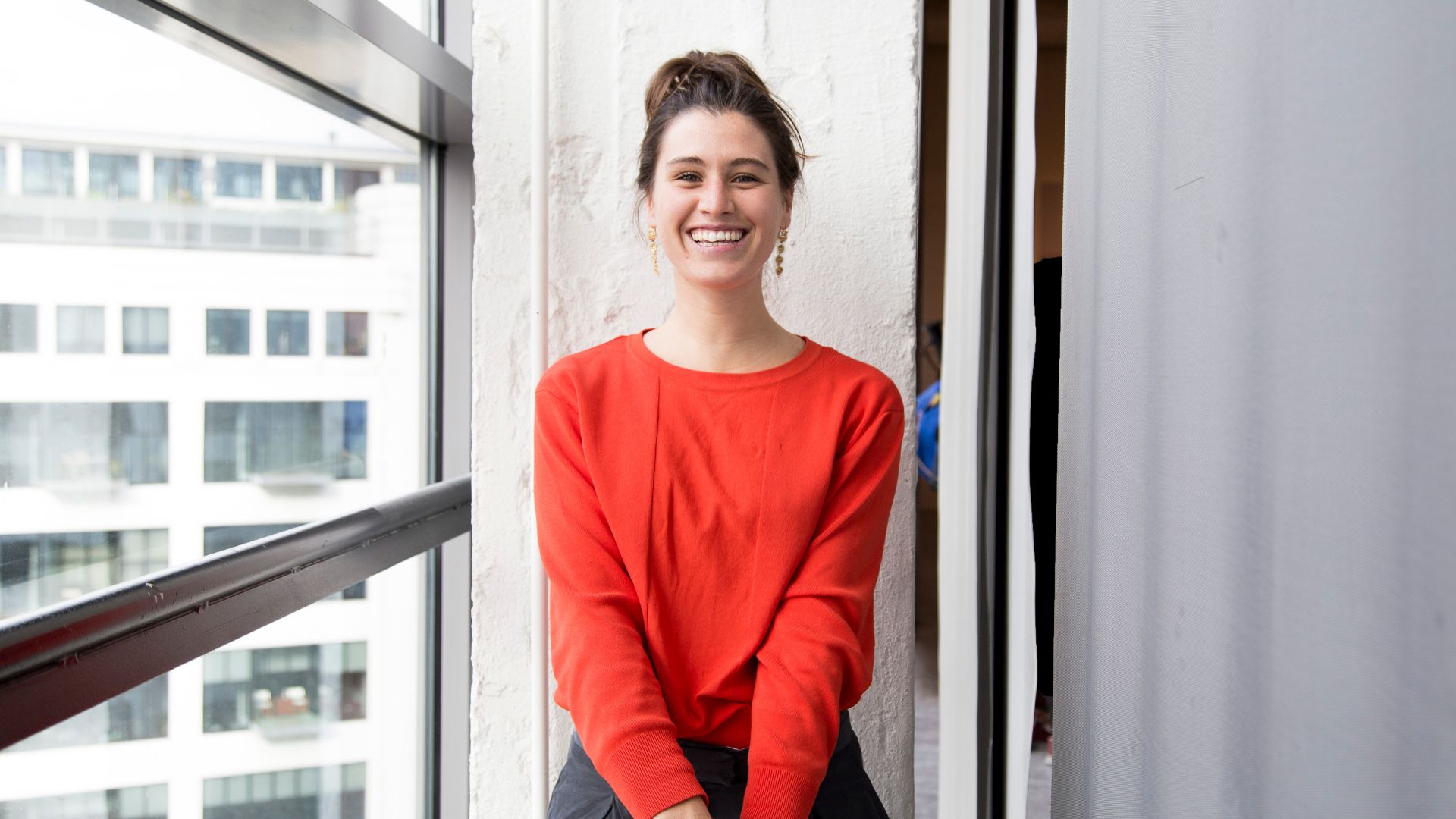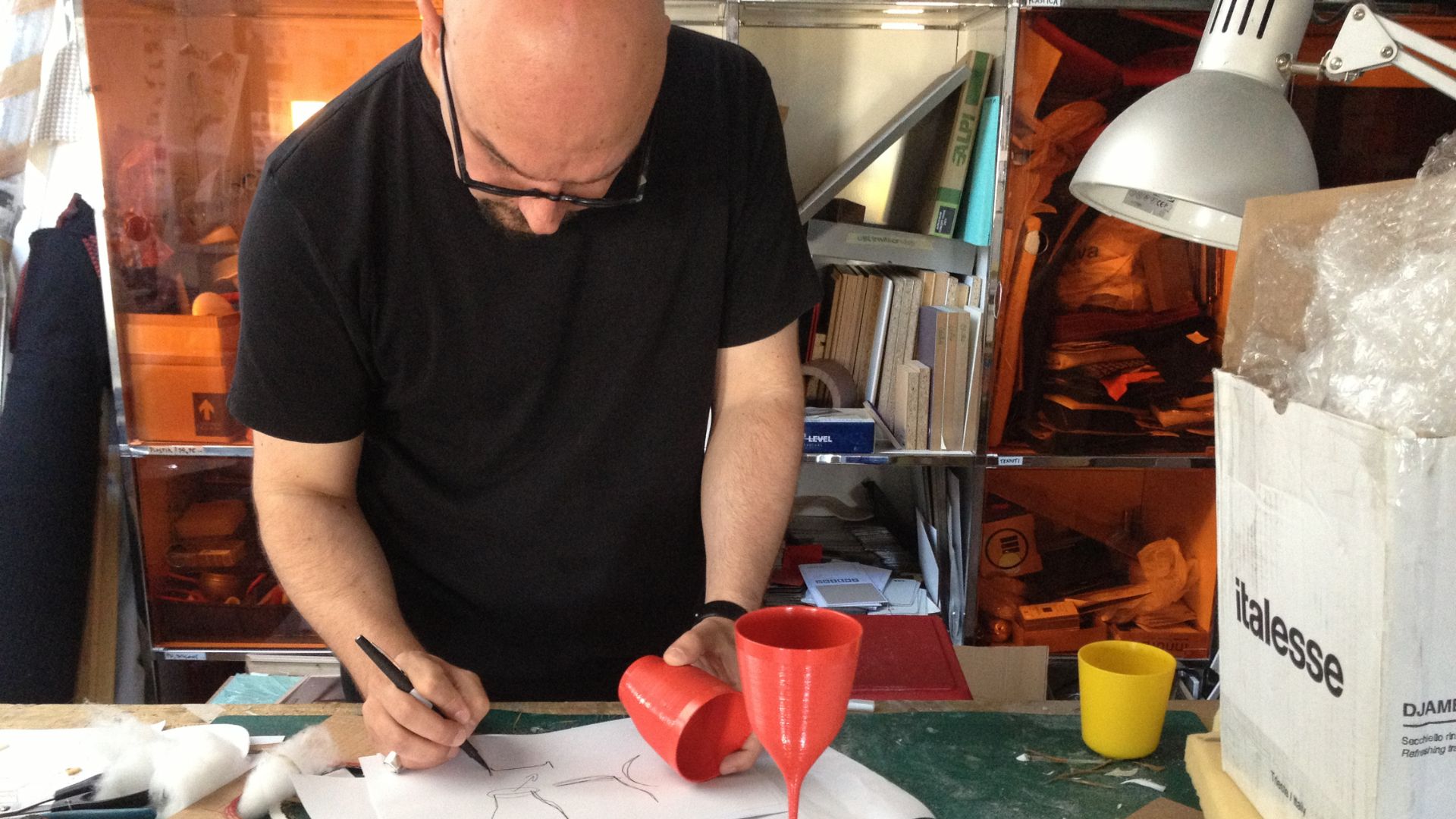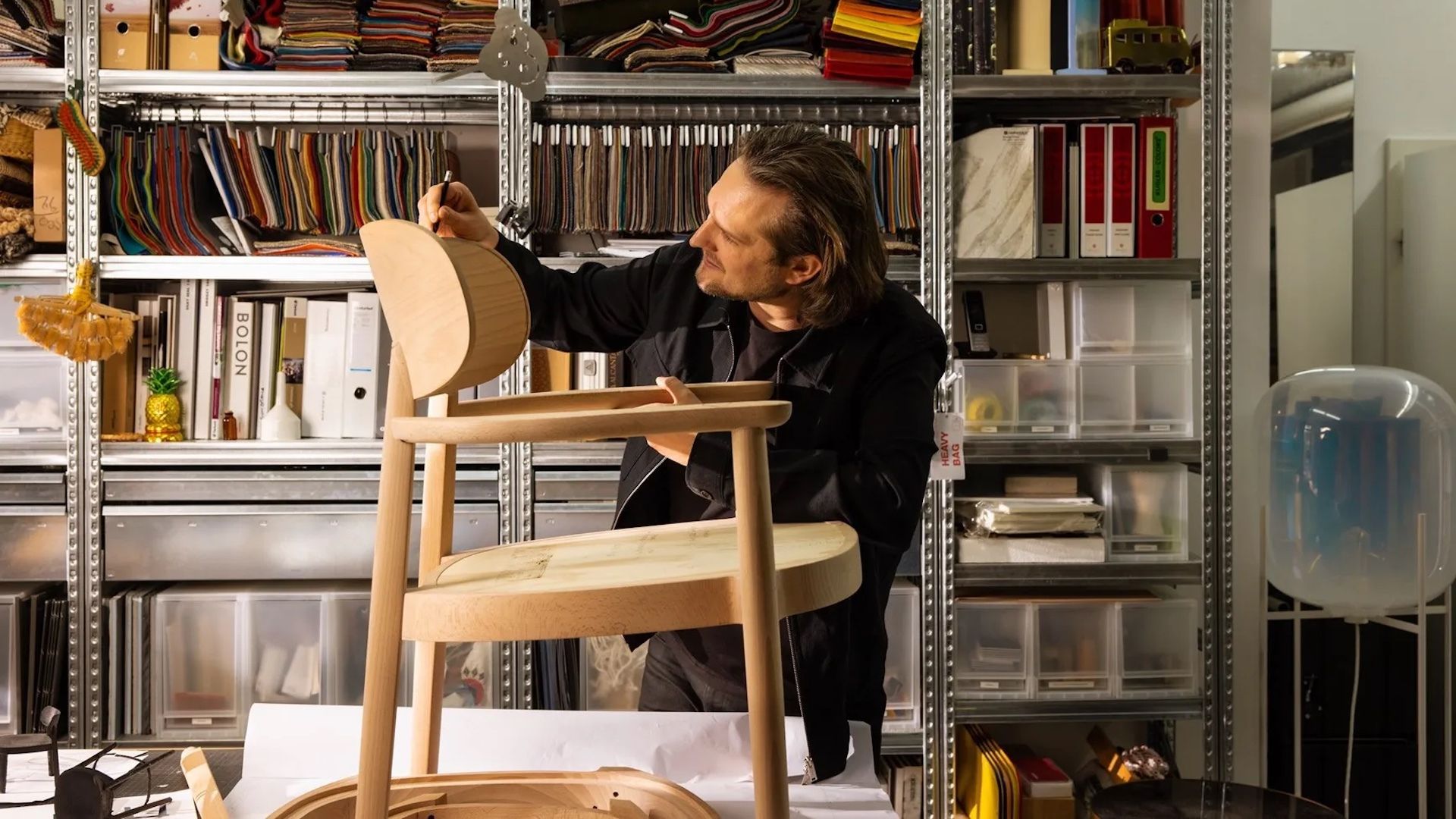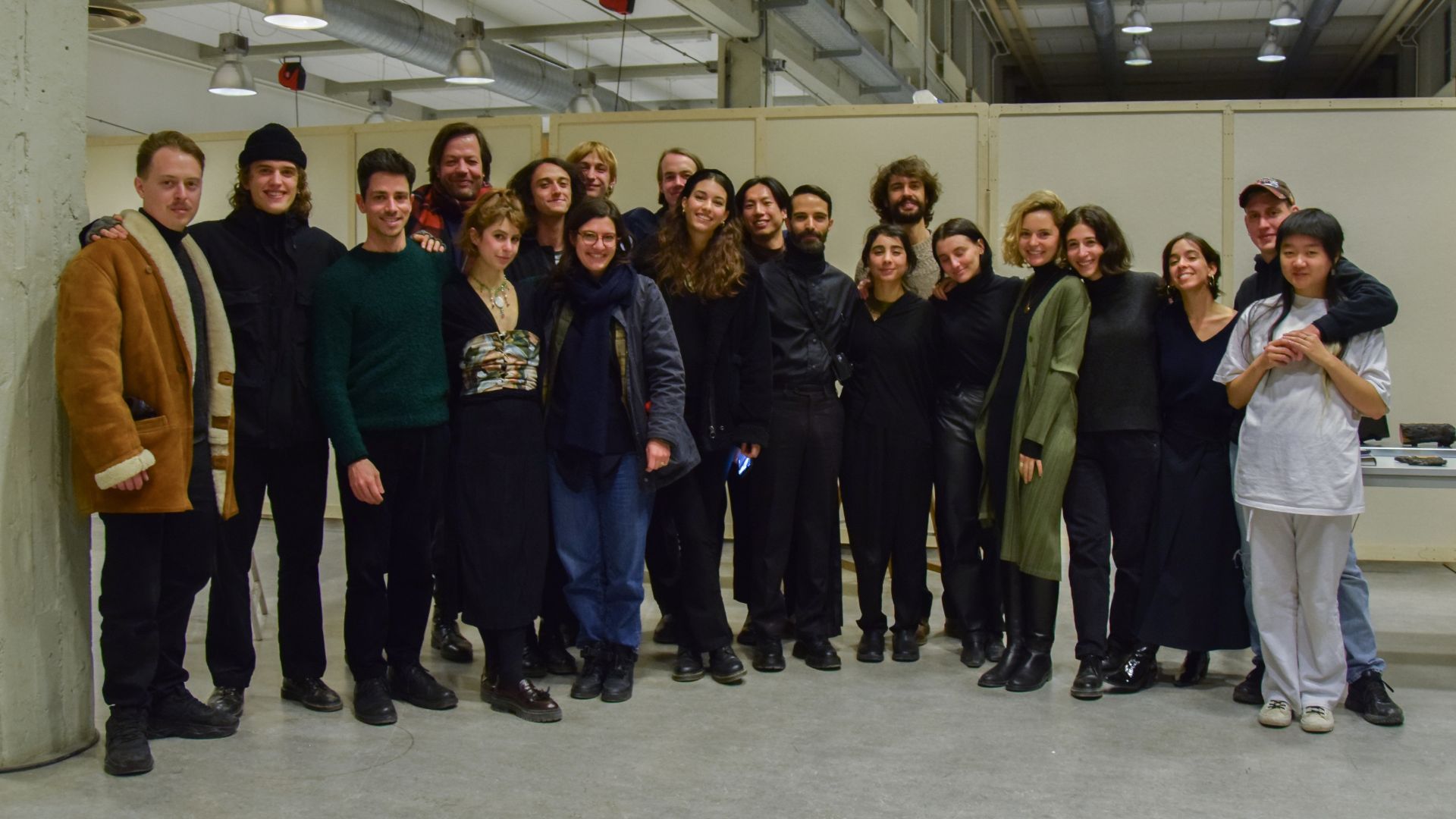What is a design week for and how do you build its success?
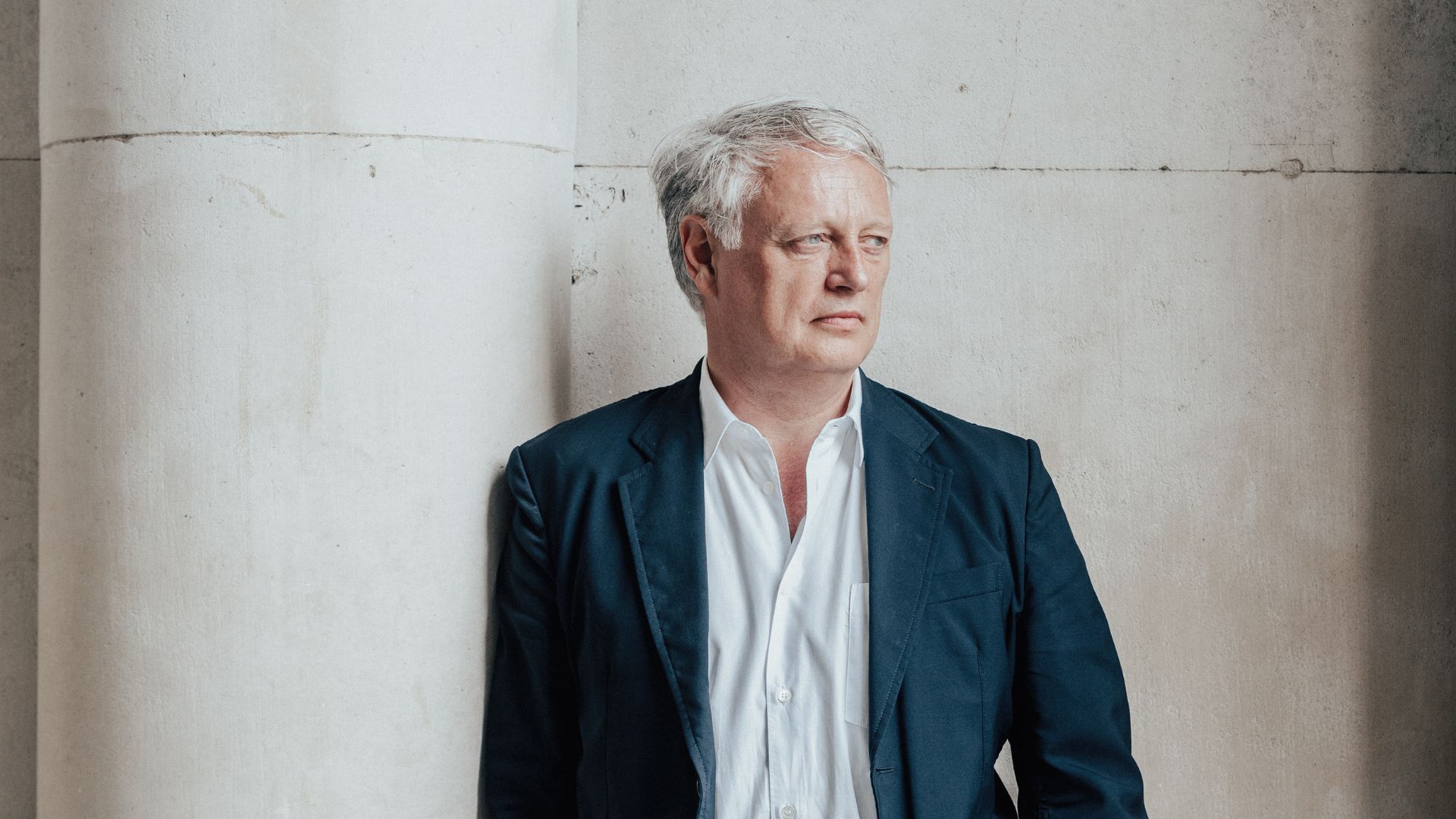
“There are around 200 design weeks in the world” says Ben Evans, the man who, in 2003, co-created the London Design Festival with Sir John Sorrell and who still directs it.
We are in the bar of The Beaumont hotel, transformed into the headquarters for the international press who have come to cover the event, and the phrase comes out almost by chance. But it’s striking.
Two hundred is a lot. Is it possible that they all really have something interesting to say?
Are they really all worth the effort? What are the key ingredients to make a Design Festival today a success story?
Ben Evans is the right person to ask these questions.
Because, unlike the Fuorisalone in Milan, a spontaneous creature born from the bottom and grown unaccompanied over the decades, the London Design Festival is a test tube baby. Generated on the drawing board with a gestation that has its roots in the 90s, grown through strategies, thoughts and reflections and related revisions, with a future designed little by little but always kept in mind.
[ Read this article in Italian on DesignAtLarge ]
More than two hundred design weeks around the world. Are they all necessary?
Ben Evans:
“The fact that so many territories feel the need to talk about design is a success for us who spread its culture. Understanding whether they are “needed” or not means being able to evaluate, in the long term, the impact they have on the territory where they exist”.
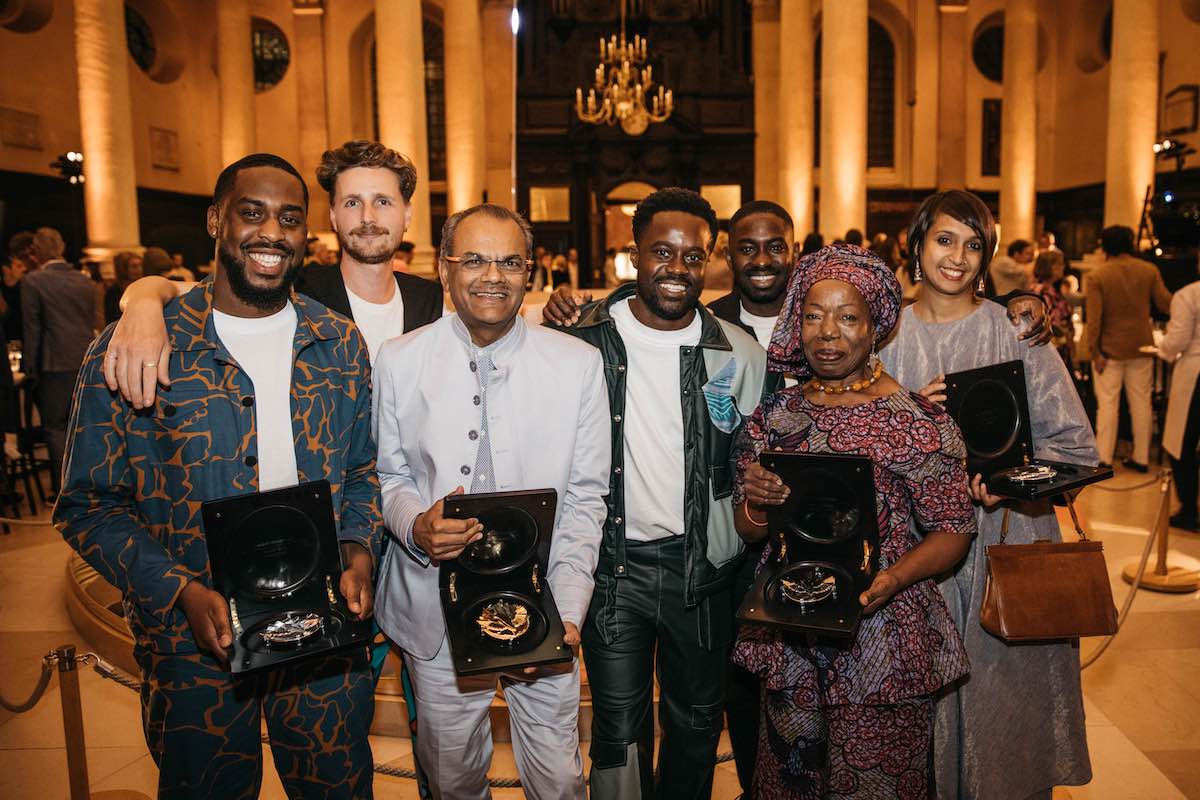
When does a Design Week work, on a strategic level?
Ben Evans:
“When it arises from an analysis of the creativity industry in the territory that hosts it, from its strengths and weaknesses, from its ambitions. When it offers a snapshot of the status quo but also looks ahead, giving space to talent. When it gives space to issues that are relevant and pressing for creatives: for instance AI at the moment.
When institutions and politics are involved to make informed choices when it comes to the sector in question. This is a process that necessarily requires time and the ability to think about the creative industry in a strategic and collective way. Which obviously doesn’t happen everywhere.”
How do you measure the success of a Design Week in a territory?
Ben Evans:
“If a process is carried out well, a Design Week can have a decidedly driving role for the creativity sector, giving it economic life and social weight. The London Design Festival, for example, had exactly this role: by creating it, we effectively invented the creative industry.”
How was the London Design Festival born?
Ben Evans:
“First of all he was born long before his actual date of birth, 2003. In the 90s I was involved in politics first for Neil Kinnock and then for Tony Blair dealing with policy making and election campaigns. It was during that period that I approached the creative industry, not at all considered at the time. It was, back then, a magma of small and medium-sized businesses with enormous potential, which, together with the education system, was able to attract talents from all over the world for study and then for work.

Together with a working group I began to look at these realities as part of a system, a sector capable of generating revenue, a world to be mapped that had been growing constantly for 30 years. At the time, we were talking about disciplines that had never been put together: publishing, advertising, design, architecture, fashion. Digital came later.
And, regardless of the government in office, this process has been achieved, creating the creative industry sector that the State today recognizes and supports. It took a long time”.
What was the role of the London Design Festival towards the creative industry and what is today?
Ben Evans:
“The London Design Festival was born to support it and grow it. To leave aside the distinctions that were once made – for example between industrial design and other design disciplines, in a world where everyone now does many things together and multi-disciplinarity is an obligation.
To go back to what we were talking about before, we started from who we are (London has the largest creative economy of any city, with 900,000 active professionals) and we have always worked to contribute to the myth of London, to showcase it. Ours is the work of storytellers: the London Design Festival was born to develop stories through the lens of design and bring them to significant audiences.”

What are the challenges of a mature event like the London Design Festival today?
Ben Evans:
“We owe a lot of who we are to decades of immigration, great talents who came to London to study and then stayed and transformed it into what it is today. All of this is coming to a major halt with Brexit. From Europe, very few come to study here today because the fees are prohibitive. This is a huge own goal that could be addressed by creating specific visas for creative talents, as is done with scientists.
Personally I am moving in this direction, trying to convince the institutions. Because there is a correlation between reputation and the free movement of talent. Ours is an industry that feeds primarily on talent.”
There are many Design Weeks in the world. Is there competition?
Ben Evans:
“There is more and more competition and the proliferation of Design Weeks around the world is not a bad thing, but it should be seen by historical entities in the sector such as London or Milan as a push to continue to do better and be relevant. A lever, also, to obtain what is needed: in the case of London, policies to support the creative sector about talent”.

So does politics have much to do with design?
Ben Evans:
“It has to do with the promotion of a strategic sector such as the creative industry. And the proof is the fact that in many countries, now, Design Weeks are born out of the desire of central or local administrations. For example, we recently received a delegation from South Korea and one from Shanghai, in both cases to receive advice on how to start a Design Week. They consider London a global city and want to create realities capable of becoming the point of reference for the creative industry of South-East Asia.
All this does us credit, but it should also make us understand that competition in this sector exists and is pressing.”
What must a city do to be perceived as a global design destination?
Ben Evans:
“The opposite of what you think. It must show itself for what it is, showcasing its talent and its brands. A good design week tells the story of the place it is in. Explain the design as it is done there. I would like to go to China to meet local talents, see what people buy, what companies produce for the domestic market.
Finding international brands is nice but I certainly wouldn’t go to Shanghai to see a brand that I can also find back home, that’s not the point. In China there is a hidden underground, a huge number of brands producing for the domestic market that none of us have ever seen. While it would be extremely interesting to know discover them.”



